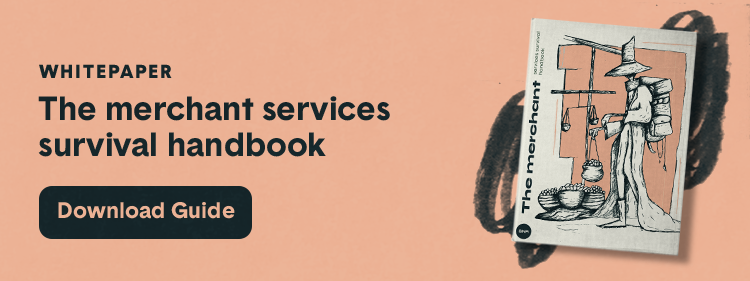When a business doesn’t meet the criteria necessary for a low-risk merchant account, a high-risk option often serves their interests. These accounts allow companies with high chargeback rates, low credit or reputational risks to process credit and debit transactions, but obtaining an account is by no means a sure thing. Make a few mistakes on your application and your company may be unable to accommodate your customers’ payment options.
If you find your high-risk merchant account application is being declined, it may be due to one of the following problems:
1. Licensing Issues
To approve a merchant account, companies usually need a business license. For many organizations, this can be as simple as a business license, but some online ventures such as pharmacies and gambling sites must adhere to stricter permits that dictate where they can operate and what products they can sell. If your company cannot attain these necessary licenses, you may not qualify for a high-risk merchant account.
2. Possibility of Merchant Fraud
Service providers who offer high-risk accounts must naturally be more wary of merchant fraud than their low-risk counterparts. As a result, if your application makes it appear as though your company may engage in undesirable behavior, you may be denied a merchant account.
3. Excessive Chargebacks
High-risk accounts generally grant more leeway to industries that frequently encounter disputed transactions. The same applies for businesses offering services such as annual memberships or automated recurring billings, which can increase the period of time in which a company is vulnerable to chargebacks. But there is still a threshold that some service providers will not cross. Avoiding excessive chargebacks will increase the likelihood that your application will be accepted.
4. High Decline Rates
When a customer shops with your company, their bank can decline transactions due to incorrect information, anti-fraud rules and more. While this problem can be unavoidable, it could have serious repercussions if it happens frequently enough. If more than 10 per cent of your transactions are declined, some merchant account providers may be unwilling to do business with you.
5. Inappropriate Sales Volume
The ability to produce high sales volumes is one of the benefits of opening a high-risk account. However, transparency is always the best policy. If you report volumes that are disproportionate to your average ticket size, your application may not stand up to a service provider’s scrutiny.
6. Lack of Proper Documents
When filling out an application, it is important to give the account provider the most accurate summary of your business as possible. Up-to-date monthly statements that contain your company’s monthly volume, chargebacks and decline rates will help achieve this goal.
7. Tax Liens
Personal and business information is essential to obtaining a merchant account, especially if a specific individual needs to make a guarantee. A tax lien represents a major warning sign to service providers, so institute a debt solution process to ensure it doesn’t affect your application
8. Failure to Meet Terms of Merchant Agreement
If you exceed the processing limits in your service provider’s merchant agreement, you may draw their ire. It is important to understand the terms to which you have agreed, as it may put your ability to gain future merchant accounts in peril.
9. Making the MATCH List
The Member Alert to Control High Risk (MATCH) list catalogs offenders who commit fraud, money laundering, collusion, illegal transactions and more. If your name or your business appears on the list, it may be difficult for you to get a merchant account for up to five years.
10. You Applied to the Wrong Processor
While high-risk merchant account providers are willing to accommodate poor credit and chargeback histories, some will be more forgiving than others. If your application is rejected, try to seek out another agency whose standards fit your situation better.



